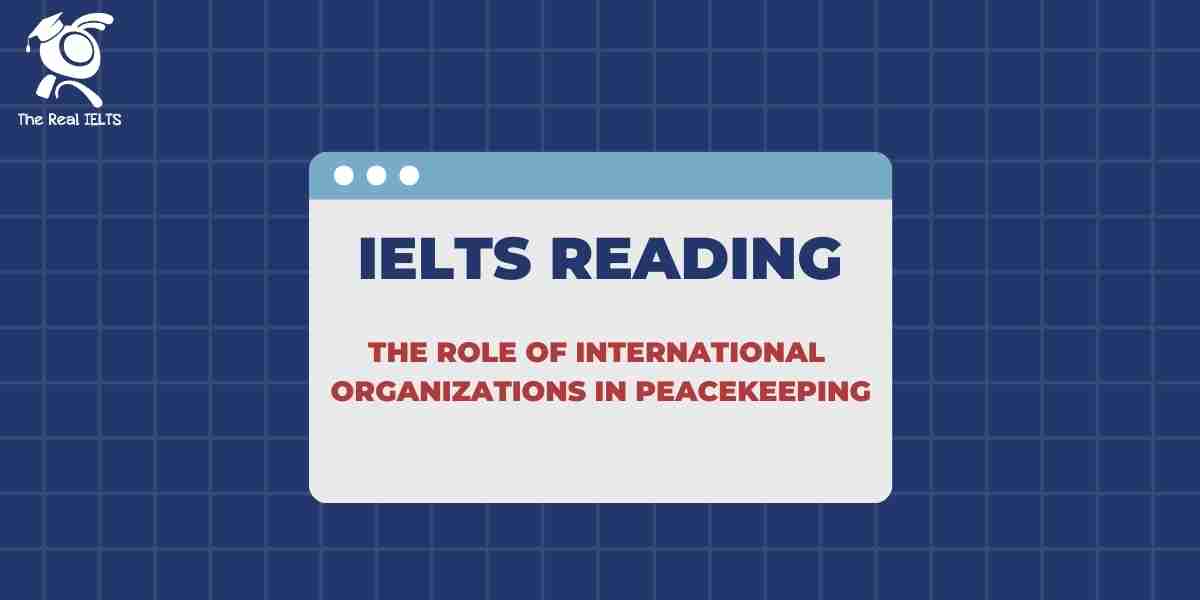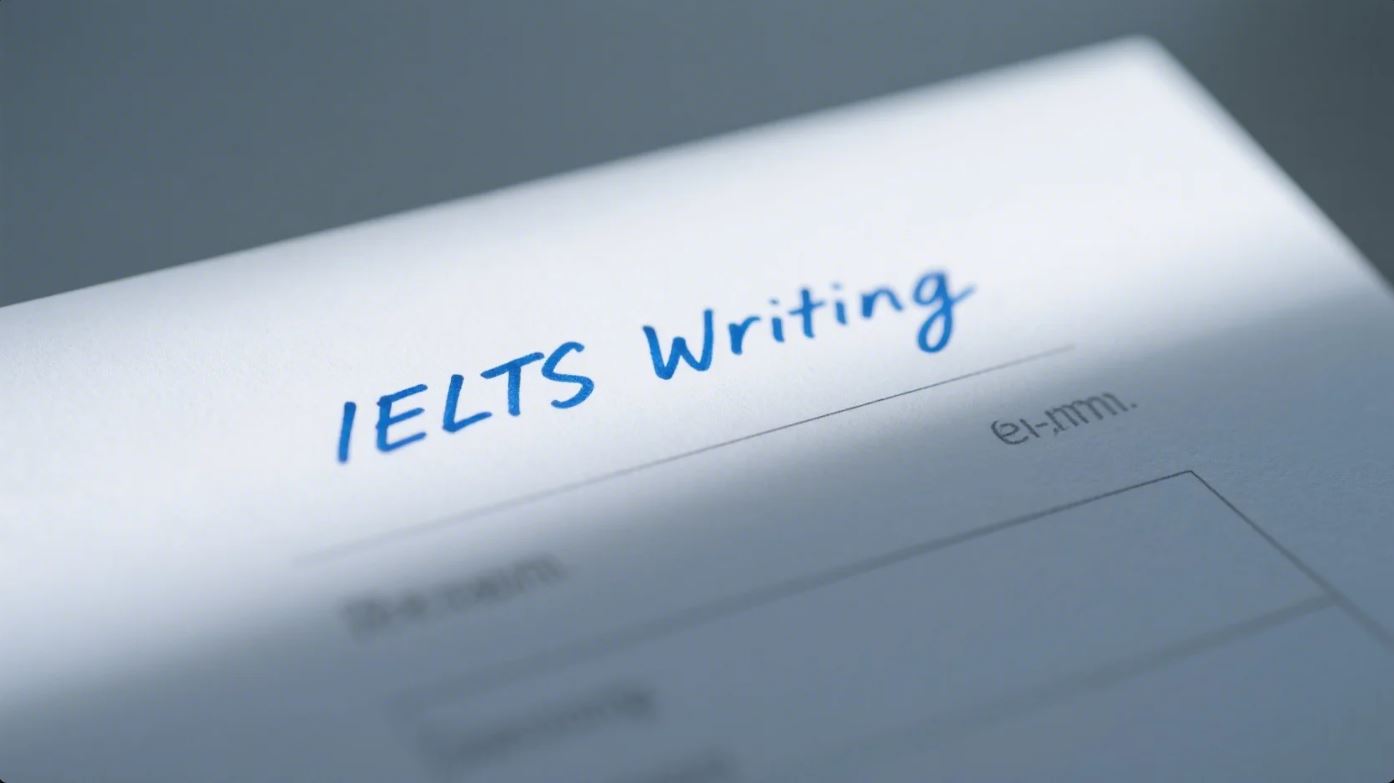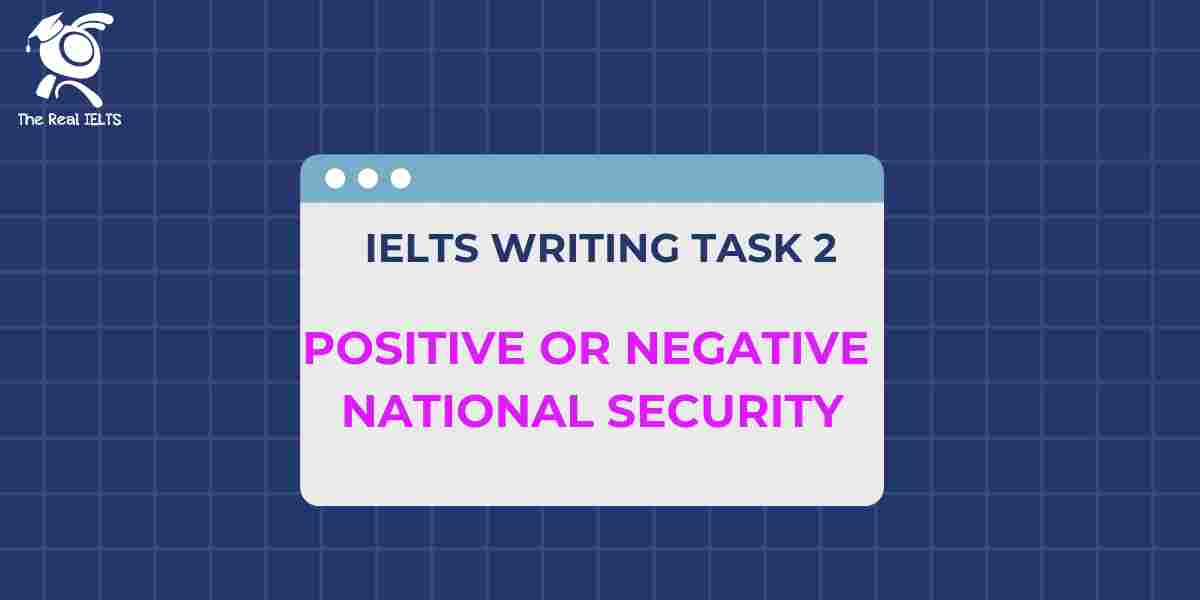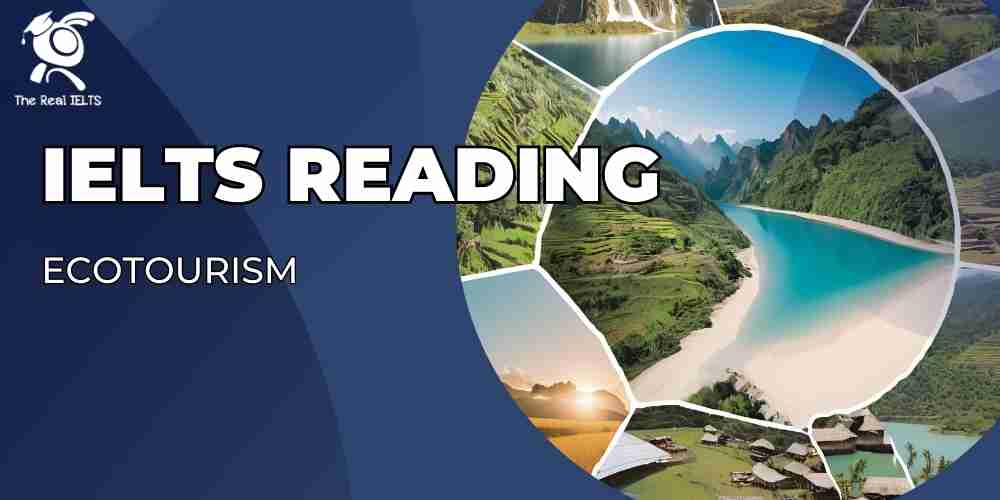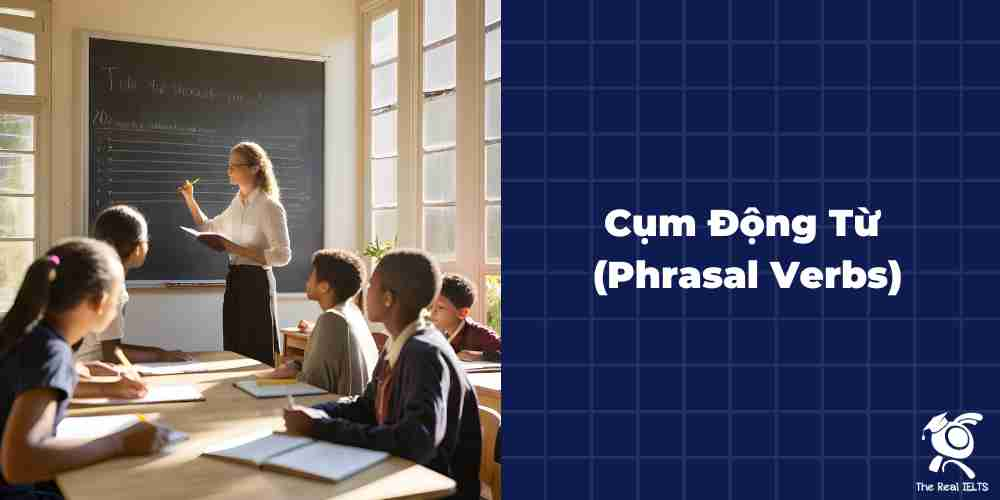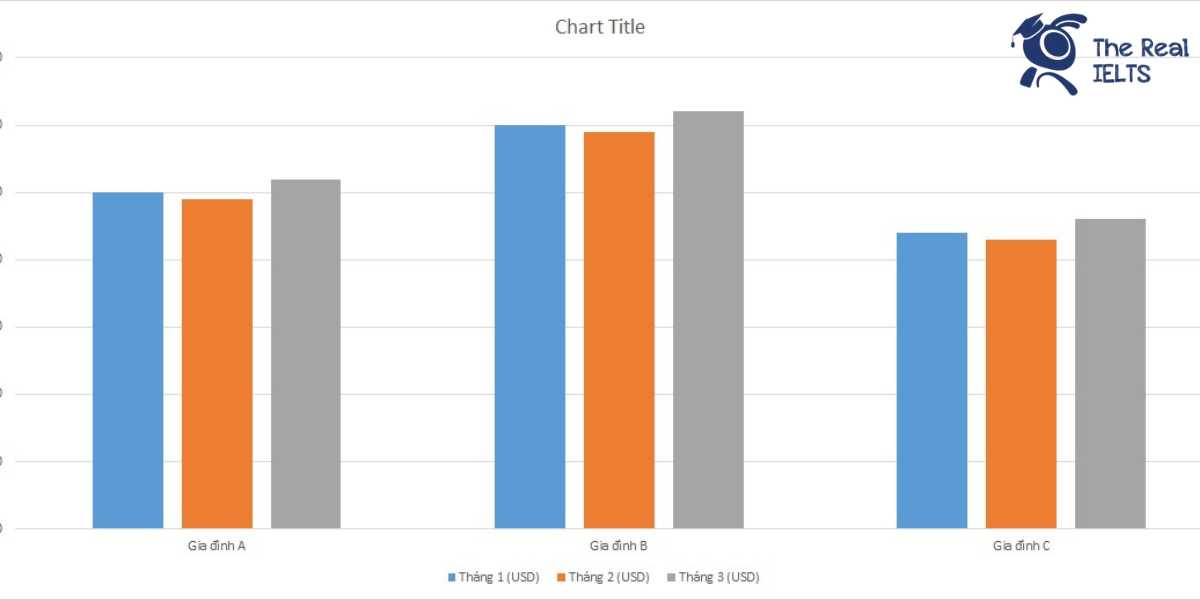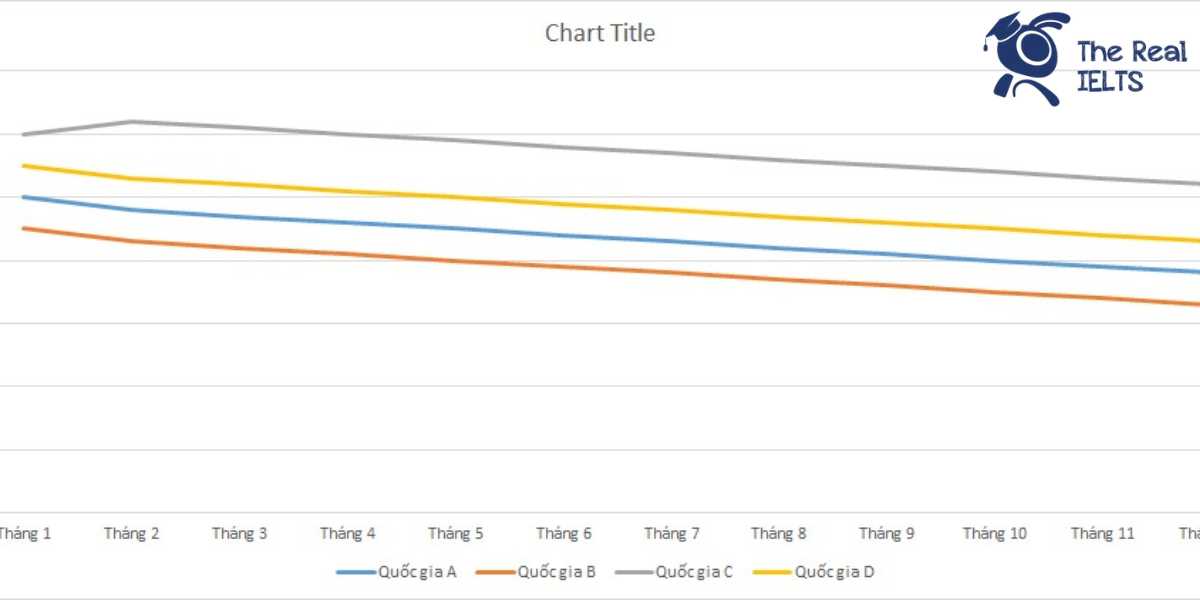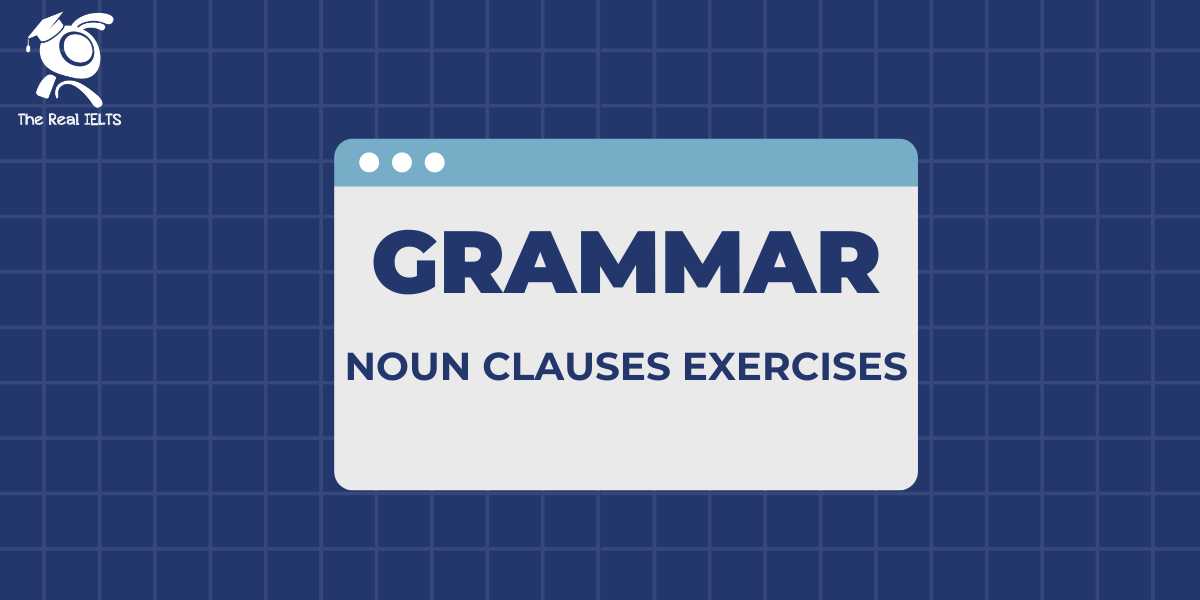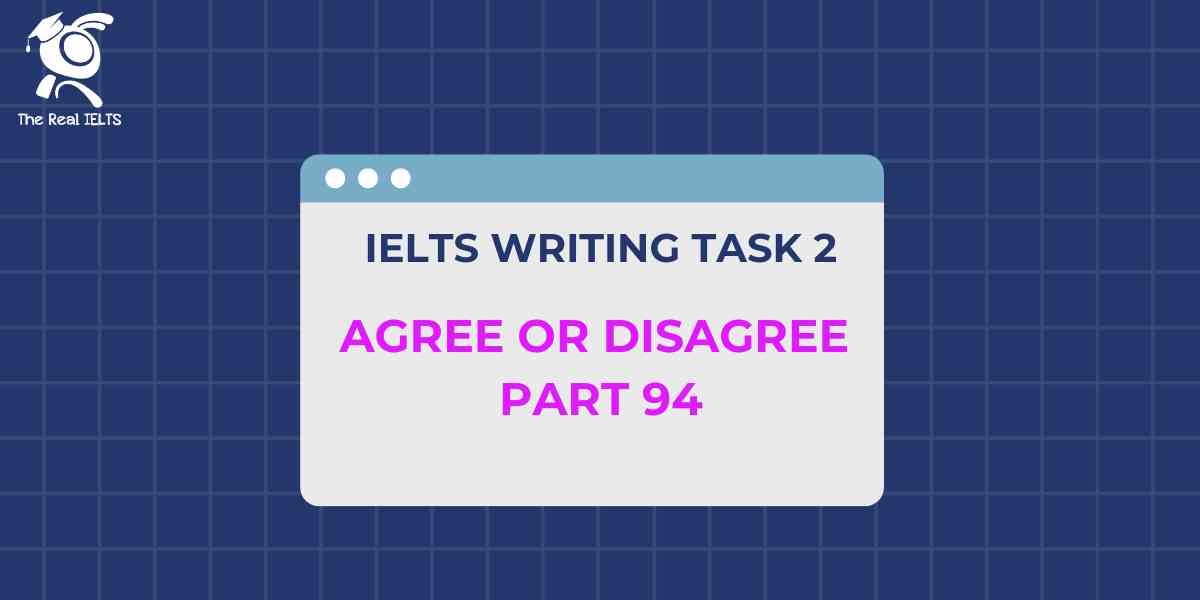Đề thi IELTS Reading có tiêu đề “The Role of International Organizations in Peacekeeping”
Nhớ đọc thêm các bài luyện thi IELTS nhé.
IELTS Reading:”The Role of International Organizations in Peacekeeping“
The Role of International Organizations in Peacekeeping
International organizations play a crucial role in maintaining global peace and security, a task that has become increasingly complex in the face of modern conflicts. Among these organizations, the United Nations (UN) is perhaps the most prominent, with its peacekeeping missions forming the backbone of international efforts to prevent and resolve conflicts. However, the role of international organizations in peacekeeping extends beyond the UN, encompassing regional bodies such as the African Union (AU), the European Union (EU), and the Organization for Security and Co-operation in Europe (OSCE). These organizations work collaboratively to address conflicts through a variety of means, including mediation, deployment of peacekeeping forces, and post-conflict reconstruction.
The primary function of international organizations in peacekeeping is to act as neutral intermediaries in conflicts. This neutrality is essential for gaining the trust of conflicting parties and for ensuring that peacekeeping efforts are seen as legitimate and impartial. The UN, for instance, has deployed peacekeeping forces in numerous conflict zones, from the Middle East to Africa, where they monitor ceasefires, protect civilians, and support the implementation of peace agreements. These forces are often composed of military personnel, police officers, and civilian experts from multiple countries, reflecting the international nature of the mission.
The effectiveness of international organizations in peacekeeping is largely dependent on their ability to mobilize resources and coordinate efforts among member states. The UN Security Council, for example, is responsible for authorizing peacekeeping missions and ensuring that they have the necessary resources. However, the Security Council’s decisions are often influenced by the geopolitical interests of its permanent members, which can lead to delays or compromises in peacekeeping operations. Despite these challenges, international organizations have been successful in preventing the escalation of conflicts and in stabilizing post-conflict regions. In some cases, peacekeeping missions have helped to create the conditions necessary for long-term peace and development.
Regional organizations also play a significant role in peacekeeping, particularly in conflicts that occur within their own regions. The African Union, for example, has been actively involved in peacekeeping operations across the continent, often in partnership with the UN. The AU’s peacekeeping missions in Sudan, Somalia, and Mali are notable examples of how regional organizations can take the lead in addressing conflicts that are of particular concern to them. These missions are often supported by the international community, both financially and logistically, but they are primarily driven by the regional organization’s mandate and expertise.
The European Union has also developed its own peacekeeping capacity, with missions in the Balkans, Africa, and the Middle East. The EU’s approach to peacekeeping is often integrated with its broader foreign policy objectives, which include promoting democracy, human rights, and the rule of law. This approach reflects the EU’s belief that sustainable peace can only be achieved through comprehensive strategies that address the root causes of conflict. The OSCE, meanwhile, focuses on conflict prevention and crisis management in Europe, with a particular emphasis on political dialogue and confidence-building measures.
Despite the successes of international organizations in peacekeeping, they face significant challenges. One of the main challenges is the issue of sovereignty, as states are often reluctant to allow foreign intervention in their internal affairs. This can limit the scope of peacekeeping missions and make it difficult to achieve lasting peace. Additionally, peacekeeping operations are often underfunded and understaffed, which can hinder their effectiveness. There is also the challenge of ensuring that peacekeepers adhere to the highest standards of conduct, as there have been instances of misconduct that have tarnished the reputation of peacekeeping missions.
Another challenge is the evolving nature of conflicts. Traditional peacekeeping operations were designed to address conflicts between states, but many modern conflicts are internal, involving non-state actors such as rebel groups, militias, and terrorist organizations. These conflicts are often more complex and require new approaches to peacekeeping, including robust mandates that allow peacekeepers to use force to protect civilians and to disarm combatants.
In response to these challenges, international organizations have adapted their peacekeeping strategies. The UN, for instance, has developed the concept of “robust peacekeeping,” which allows for the use of force in certain circumstances, such as protecting civilians under threat of violence. The UN has also emphasized the importance of “peacebuilding,” which involves efforts to address the underlying causes of conflict and to build the institutions necessary for long-term peace. This includes supporting political processes, strengthening the rule of law, and promoting economic development.
Regional organizations have also adapted their approaches to peacekeeping. The African Union, for example, has developed the African Standby Force, a rapid deployment force that can respond quickly to emerging conflicts. The EU has established the European Union Force (EUFOR) to carry out peacekeeping missions and has integrated peacekeeping into its broader security and defense policy.
In conclusion, international organizations play a vital role in peacekeeping, working to prevent conflicts, protect civilians, and promote long-term peace and stability. While they face significant challenges, including issues of sovereignty, resource constraints, and the changing nature of conflicts, they have demonstrated a remarkable capacity to adapt and innovate. Through collaboration, resource mobilization, and the development of new strategies, international organizations will continue to be essential actors in the pursuit of global peace.
Đề bài thi IELTS Reading
Multiple Choice Questions (Câu hỏi trắc nghiệm)
- What is the primary role of international organizations in peacekeeping?
- A. To act as neutral intermediaries
- B. To enforce international law
- C. To provide financial aid
- D. To promote economic development
- Which organization is most prominently associated with global peacekeeping efforts?
- A. African Union
- B. European Union
- C. United Nations
- D. Organization for Security and Co-operation in Europe
- What is one of the main challenges faced by international peacekeeping missions?
- A. Lack of military training
- B. Issues of sovereignty
- C. Insufficient political support
- D. Poor communication between member states
- The concept of “robust peacekeeping” allows peacekeepers to:
- A. Use force to protect civilians
- B. Enforce trade agreements
- C. Control national elections
- D. Provide humanitarian aid
- Which regional organization has developed the African Standby Force?
- A. United Nations
- B. European Union
- C. African Union
- D. OSCE
- What does the European Union integrate into its peacekeeping approach?
- A. Military training programs
- B. Humanitarian relief efforts
- C. Foreign policy objectives
- D. Cultural exchange initiatives
- What is the purpose of peacebuilding efforts mentioned in the passage?
- A. To deploy military forces in conflict zones
- B. To address underlying causes of conflict
- C. To control media narratives
- D. To impose economic sanctions
- What role does the UN Security Council play in peacekeeping missions?
- A. Authorizing missions
- B. Providing all the necessary troops
- C. Financing the missions directly
- D. Writing peace agreements
- What is a unique challenge of modern peacekeeping compared to traditional peacekeeping?
- A. Managing international trade disputes
- B. Addressing conflicts involving non-state actors
- C. Enforcing global health regulations
- D. Mediating between state governments only
- How are peacekeeping missions typically staffed?
- A. By local police forces
- B. By military personnel from a single country
- C. By civilian experts and international forces
- D. By private security contractors
True/False/Not Given
- The UN is the only international organization involved in peacekeeping.
- A. True
- B. False
- C. Not Given
- The African Union’s peacekeeping efforts are entirely independent and receive no support from other international organizations.
- A. True
- B. False
- C. Not Given
- The European Union primarily focuses on peacekeeping in Asia.
- A. True
- B. False
- C. Not Given
- Peacekeeping missions are always successful in creating long-term peace.
- A. True
- B. False
- C. Not Given
- Misconduct by peacekeepers has never been reported.
- A. True
- B. False
- C. Not Given
- The concept of sovereignty often limits the scope of peacekeeping missions.
- A. True
- B. False
- C. Not Given
- Modern peacekeeping operations no longer require the involvement of traditional military forces.
- A. True
- B. False
- C. Not Given
- The OSCE focuses on conflict prevention and crisis management in Europe.
- A. True
- B. False
- C. Not Given
Yes/No/Not Given
- Does the passage suggest that the UN Security Council is free from geopolitical influences?
- A. Yes
- B. No
- C. Not Given
- Does the author believe that regional organizations are more effective in peacekeeping than international organizations?
- A. Yes
- B. No
- C. Not Given
- Does the passage imply that peacekeeping operations should always involve force?
- A. Yes
- B. No
- C. Not Given
- Does the author view peacebuilding as a necessary component of lasting peace?
- A. Yes
- B. No
- C. Not Given
Matching Information (Nối thông tin)
- Match the following organizations with their roles mentioned in the passage:
- A. United Nations
- B. African Union
- C. European Union
- D. OSCE
- Focuses on conflict prevention in Europe
- Integrated peacekeeping with broader foreign policy objectives
- Developed the concept of “robust peacekeeping”
- Established the African Standby Force
Matching Headings (Nối tiêu đề với đoạn văn)
- Match the headings to the appropriate paragraphs:
- A. Challenges of Modern Peacekeeping
- B. The Role of the UN in Peacekeeping
- C. Regional Organizations in Peacekeeping
- D. Peacebuilding and Long-term Stability
Matching Features (Nối đặc điểm)
- Match the following features with their corresponding organizations:
- A. Authorizes missions and mobilizes resources
- B. Primarily focused on Europe
- C. Known for robust peacekeeping mandates
- D. Lead in peacekeeping within Africa
Matching Sentence Endings (Nối phần kết câu)
- Match the beginning of the sentences with their correct endings:
- A. The UN Security Council…
- B. Regional organizations like the AU…
- C. Peacebuilding efforts…
- D. Modern peacekeeping operations…
- …are often constrained by issues of sovereignty.
- …have developed specialized peacekeeping capacities.
- …plays a key role in authorizing peacekeeping missions.
- …aim to address the root causes of conflict.
Sentence Completion (Hoàn thành câu)
- The primary role of international organizations in peacekeeping is to act as _______.
- A. Neutral intermediaries
- The concept of “robust peacekeeping” was developed to allow for the _______.
- A. Use of force to protect civilians
- The African Standby Force was developed by the _______.
- A. African Union
- The UN Security Council is responsible for _______.
- A. Authorizing peacekeeping missions
Summary Completion (Hoàn thành tóm tắt)
Complete the summary using words from the passage:
- International organizations, particularly the _______, play a crucial role in peacekeeping efforts around the world. These organizations work as _______ in conflicts, often deploying peacekeeping forces to monitor ceasefires, protect civilians, and support the implementation of peace agreements. Despite the success of these missions, challenges such as issues of _______ and underfunding persist.
- Regional organizations like the African Union and the European Union also contribute significantly to peacekeeping. The AU has developed the _______ to respond quickly to emerging conflicts, while the EU integrates peacekeeping into its broader _______.
Diagram Label Completion (Hoàn thành nhãn của sơ đồ)
- Label the following elements of a diagram showing the structure of a peacekeeping mission:
- A. Authorization by UN Security Council
- B. Deployment of peacekeeping forces
- C. Monitoring of ceasefires
- D. Post-conflict reconstruction
Short Answer Questions (Câu hỏi trả lời ngắn)
- What is the main function of international organizations in peacekeeping?
- Which organization developed the concept of “robust peacekeeping”?
- Name one challenge that limits the effectiveness of peacekeeping missions.
- What is the purpose of peacebuilding according to the passage?
- Which regional organization is primarily responsible for peacekeeping in Africa?
- What does the European Union integrate into its peacekeeping approach?
- What is one of the key roles of the UN Security Council in peacekeeping?
Đáp án bài thi IELTS Reading
Multiple Choice Questions (Câu hỏi trắc nghiệm)
- A. To act as neutral intermediaries
- C. United Nations
- B. Issues of sovereignty
- A. Use force to protect civilians
- C. African Union
- C. Foreign policy objectives
- B. To address underlying causes of conflict
- A. Authorizing missions
- B. Addressing conflicts involving non-state actors
- C. By civilian experts and international forces
True/False/Not Given
- B. False (Other organizations like the AU, EU, and OSCE are also involved.)
- B. False (The AU often works in partnership with the UN and receives international support.)
- B. False (The EU’s peacekeeping efforts are primarily in Europe, Africa, and the Middle East.)
- B. False (The passage mentions that peacekeeping is often successful but does not state it is always successful.)
- B. False (The passage mentions instances of misconduct.)
- A. True
- B. False (The passage mentions that modern conflicts involve non-state actors and still require traditional military forces.)
- A. True
Yes/No/Not Given
- B. No (The passage states that decisions are influenced by the geopolitical interests of the permanent members.)
- C. Not Given (The passage does not explicitly compare the effectiveness of regional organizations versus international organizations.)
- B. No (The passage states that “robust peacekeeping” allows for the use of force in certain circumstances, but it does not imply that force should always be involved.)
- A. Yes (The passage discusses the importance of addressing the underlying causes of conflict through peacebuilding.)
Matching Information (Nối thông tin)
- D. OSCE
Matching Headings (Nối tiêu đề với đoạn văn)
- A. Challenges of Modern Peacekeeping (Paragraph about challenges)
- B. The Role of the UN in Peacekeeping (Paragraph about the UN)
- C. Regional Organizations in Peacekeeping (Paragraph about regional organizations)
- D. Peacebuilding and Long-term Stability (Paragraph about peacebuilding)
Matching Features (Nối đặc điểm)
- A. United Nations
- B. OSCE
- C. United Nations
- D. African Union
Matching Sentence Endings (Nối phần kết câu)
- A. 3. …plays a key role in authorizing peacekeeping missions.
- B. 2. …have developed specialized peacekeeping capacities.
- C. 4. …aim to address the root causes of conflict.
- D. 1. …are often constrained by issues of sovereignty.
Sentence Completion (Hoàn thành câu)
- A. Neutral intermediaries
- A. Use of force to protect civilians
- A. African Union
- A. Authorizing peacekeeping missions
Summary Completion (Hoàn thành tóm tắt)
- United Nations, neutral intermediaries, sovereignty
- African Standby Force, foreign policy
Diagram Label Completion (Hoàn thành nhãn của sơ đồ)
- A. Authorization by UN Security Council
- B. Deployment of peacekeeping forces
- C. Monitoring of ceasefires
- D. Post-conflict reconstruction
Short Answer Questions (Câu hỏi trả lời ngắn)
- To act as neutral intermediaries in conflicts.
- United Nations.
- Issues of sovereignty.
- To address the underlying causes of conflict and build long-term peace.
- African Union.
- Foreign policy objectives.
- Authorizing peacekeeping missions.
Luyện tập bài khác ở bài viết:”100 bài luyện IELTS Reading 2024 – 2025“


